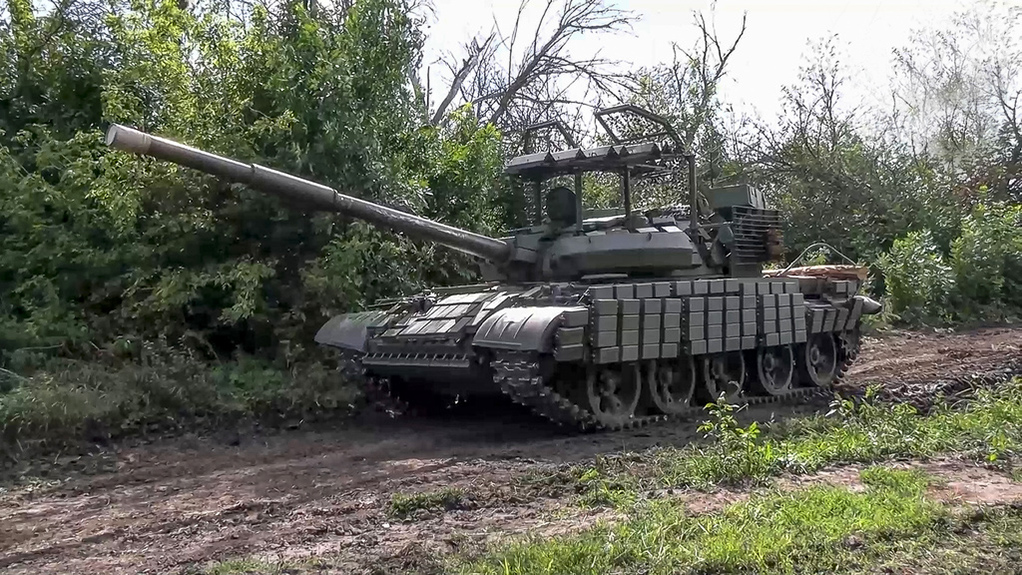NATO Frontline States Turn to Wetlands as Natural Defence Against Russia

Ukraine’s decision to flood the Irpin River basin in 2022, bogging down Russian tanks outside Kyiv, has inspired NATO’s eastern members to explore nature as a line of defence.
The Gaze reports this, referring to The Telegraph.
Poland, Finland and the Baltic states are now considering restoring bogs and marshes along their borders – a strategy that could slow invading forces while also storing carbon and protecting biodiversity.
As part of its £1.9 billion “Eastern Shield” fortification program, Poland intends to revive peatland and forest zones along its borders.
A spokesman for the Polish defence ministry called the natural environment an “obvious ally” in strengthening the country’s defences.
Wetland ecologist Wiktor Kotowski, who advises the government, said history shows marshes have long been valued as defensive obstacles in Europe.
In Finland, where bogs cover nearly a third of the land, restoration is also being considered as part of defence planning.
Finland’s retired general and MEP Pekka Toveri added that wetlands proved decisive during the Soviet invasion of Finland in 1939. “Nature has always been part of our defence,” he said. “Rewetting bogs is cheap, effective, and innovative.”
The Baltic countries are also evaluating the approach. Estonia’s climate ministry recently confirmed it is weighing swamp restoration as part of its new Baltic Defence Line. Lithuania and Latvia are integrating existing peatlands into fortification plans, though full-scale rewetting projects are not yet in place.
Germany, however, remains cautious. With much of its peatland drained for agriculture, Berlin’s defence ministry warns that rewetting could slow NATO forces as much as enemy units. “The rewetting of wetlands can be both an advantage and a disadvantage,” said ministry official Natalie Jenning.
Environmentalists see the overlap of defence and ecological restoration as a rare opportunity for cooperation. Peat bogs are among the world’s most efficient carbon sinks, and restoring them helps slow global warming.
But the ecological cost is not negligible: Ukraine’s flooding of the Irpin basin in 2022, while militarily decisive, devastated homes and farmland.
For now, Warsaw and Helsinki plan to focus on state-owned lands to avoid clashes with private landowners. However, experts admit larger-scale projects would inevitably displace farmers and foresters.
Despite these trade-offs, advocates say the strategy could strengthen NATO’s resilience while contributing to Europe’s climate goals. “War is not what we scientists would like to link our biodiversity agenda with, but we must restore the peatlands, and now we have a new impetus to do this,” Kotowski said.
Read more on The Gaze: The Baltics are Preparing for Defense Against Russia